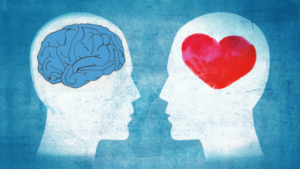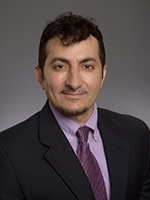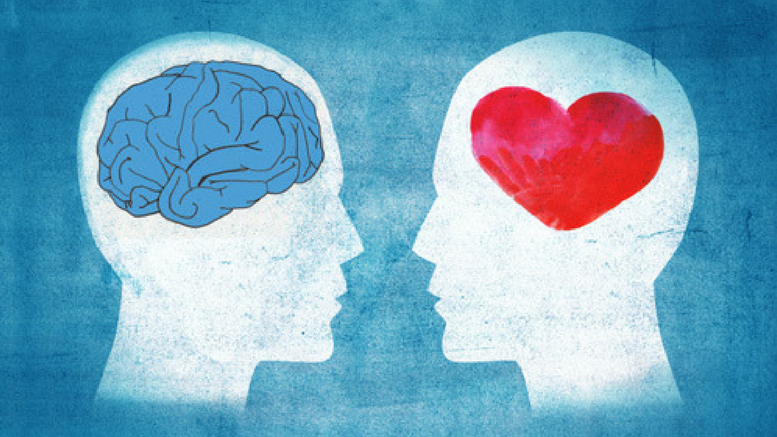 Ihab Hajjar, MD, MS first noticed a connection between hypertension and cognitive impairment when he was in private practice in South Carolina. “I noticed that a lot of my hypertension patients had a difficult time managing their complex medication regimens. At that time, people were beginning to talk about the effects of hypertension on the brain besides stroke, so I became increasingly interested in how the brain controls the heart and the heart controls the brain.”
Ihab Hajjar, MD, MS first noticed a connection between hypertension and cognitive impairment when he was in private practice in South Carolina. “I noticed that a lot of my hypertension patients had a difficult time managing their complex medication regimens. At that time, people were beginning to talk about the effects of hypertension on the brain besides stroke, so I became increasingly interested in how the brain controls the heart and the heart controls the brain.”
Dr. Hajjar’s research brought him to Emory in 2013, where he is an Associate Professor with joint appointments in Geriatrics and Neurology, as well as Medical Director of the Integrated Memory Coordinated Care Clinic. His research pathway is unusual in its scope. While neurologists focus on the neck up and cardiologists on the neck down, Dr. Hajjar studies the whole brain-heart connection and his research has evolved into examining whether controlling heart disease could improve Alzheimer’s symptoms. Dr. Hajjar is currently Principal or Co-Investigator on 7 studies involving Alzheimer’s disease and hypertension and he’s eager for the clinical trials to start showing results.

Ihab Hajjar, MD, MS
One of the advantages of being at Emory is the opportunity to bring collaborators from really diverse specialties into the field of Alzheimer’s research: “Biochemistry, neurology, cardiology, pulmonary, genetics, biomedical engineering, neuro-imaging – these are some of my interdisciplinary co-investigators on my funded research. Almost all aging research is aging plus something else, so it’s important for geriatrics researchers to collaborate with other disciplines. I enjoy learning something new and finding information in unexpected places. The added bonus is the potential to help a wider patient population.”
Hypertension affects executive function, which allows us to make decisions or follow a series of instructions. That makes following a complex medication routine very difficult for patients who don’t have a caregiver to help them plan and follow a routine. When these patients are unable to take their medications properly, they are often labeled non-compliant and referred to the geriatric clinic.
Dr. Hajjar and his team work to simplify the medication regimen, but more importantly, they understand that often the problem isn’t bad behavior or deliberate non-compliance, but cognitive impairment and lack of caregiver support. Underserved patient populations face an even bigger challenger since they often don’t have continuity of care. They might go to a free clinic one month and the ER the next. They have different healthcare providers prescribing medications; some of them have substance abuse issues. That all adds up to high risk for a stroke or a heart attack.
Research on the aging brain and Alzheimer’s disease and related dementias (ADRD) has historically concentrated on the neuro-cognitive side. Dr. Hajjar’s approach is more holistic. “Maybe Alzheimer’s and brain aging is not 100% dependent on brain pathology. Maybe what’s happening in the rest of the body is also contributing to brain health. We know for a fact that sometimes someone gets an infection or stomach virus and their cognitive abilities suffer. It has nothing to do with brain pathology – there is something in the gut or the heart or the lungs that is affecting the brain.” He also notes that recent funding initiatives out of the National Institutes of Health are recognizing the importance of researching non-brain cognitive factors and Alzheimer’s disease. Dr. Hajjar believes that understanding the brain-heart connection may one day lead to new treatments and better brain health.


Be the first to comment on "Connecting the Brain and the Heart"